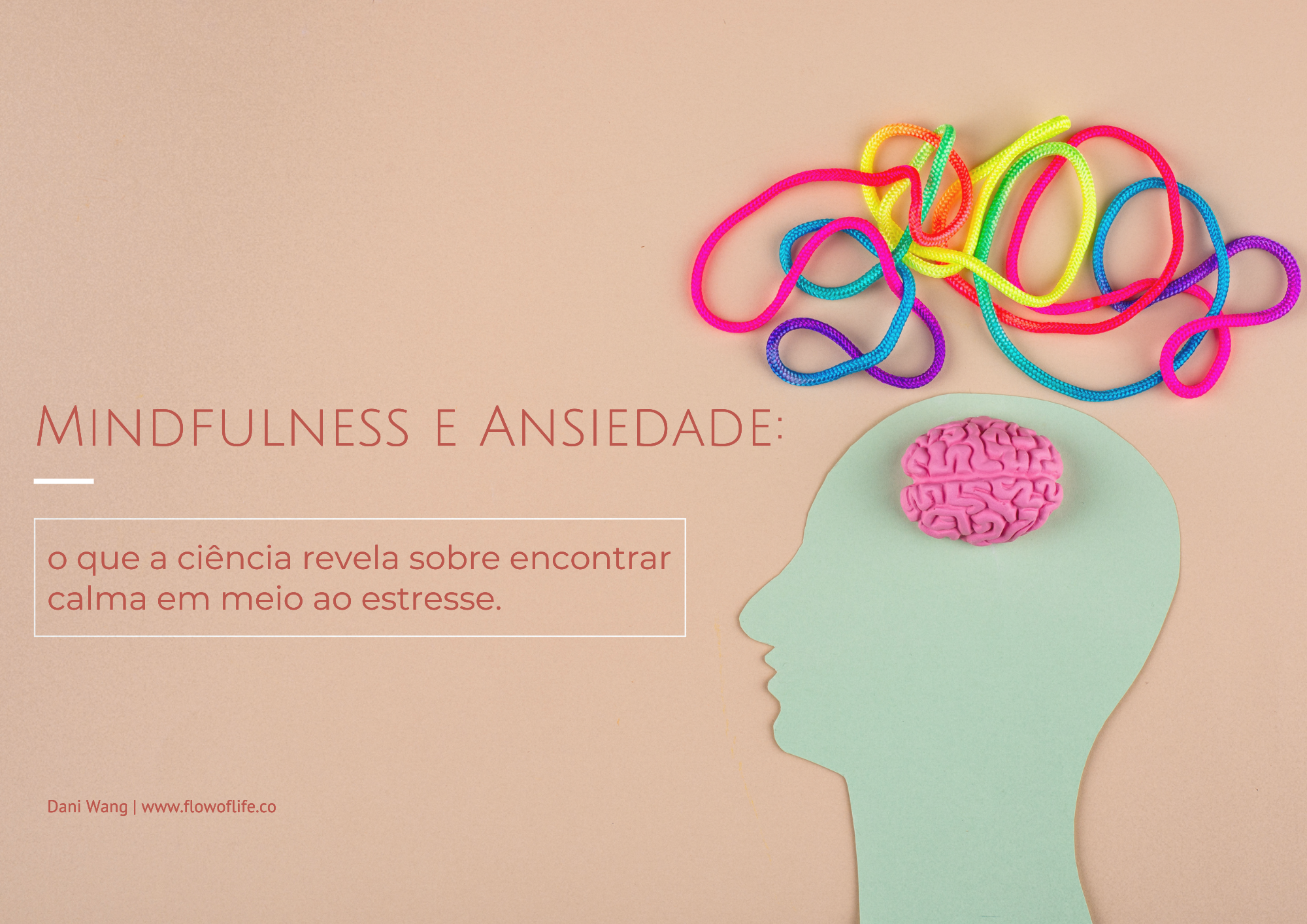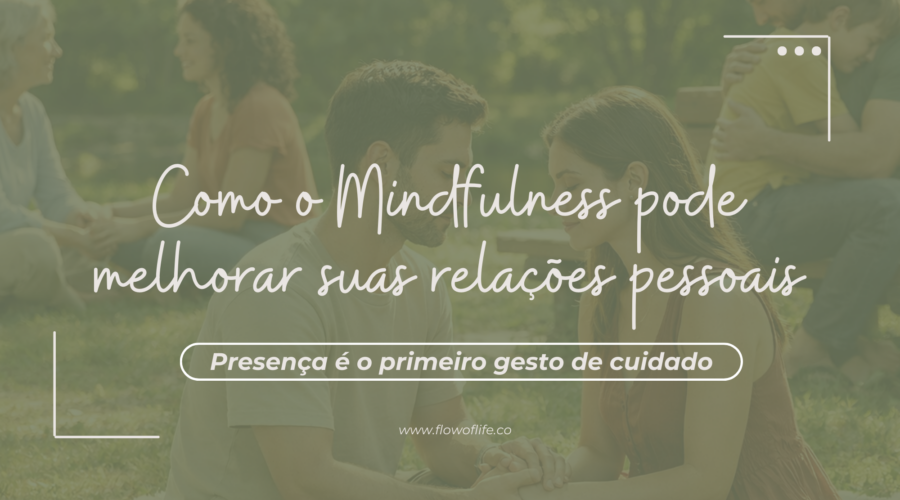Anxiety is one of the most common human experiences. Feeling your heart race before an important meeting or worrying about the future is part of life. The problem arises when this state of alertness becomes constant, damaging well-being, sleep, relationships and even physical health.
According to the World Health Organization (WHO), more than 260 million people in the world live with anxiety disorders. In Brazil, research by Fiocruz shows that around 9% of the population has frequent symptoms of anxiety.
In recent years, an ancient practice has gained prominence in the scientific field as an ally in this challenge: Mindfulness.
What is Mindfulness?
Mindfulness can be translated as "full attention". It involves training the mind to be present in the moment, observing thoughts, emotions and bodily sensations without judgment. In other words, living in the here and now.
Although it has its roots in Eastern contemplative traditions, its application is now widely studied by universities and hospitals around the world, such as Harvard Medical School (USA), Oxford University (UK) and Hospital Israelita Albert Einstein (Brazil).
These institutions have shown that, with simple practices, it is possible to reconfigure the way the brain deals with stress.
What do the surveys say?
One of the most studied programs is Mindfulness-Based Stress Reduction (MBSR), created by Jon Kabat-Zinn at the University of Massachusetts. Several studies have proven its benefits:
Brain regulation: Research from Harvard University shows that the practice reduces the activity of the amygdala, a region linked to fear and stress.
Impact on hormones: Studies published in Psychoneuroendocrinology revealed that Mindfulness lowers levels of cortisol, the stress hormone.
Clinical efficacy: In 2022, the journal JAMA Psychiatry published a study showing that MBSR was as effective as anxiolytic drugs (such as Escitalopram) in treating anxiety.
That's why it's a fundamental training for mental health and a better quality of life. Hospitals such as Albert Einstein and Sírio-Libanês already offer Mindfulness programs as part of integrative therapies, especially for patients with stress, chronic pain and mood disorders.
Everyday applications
Mindfulness doesn't require hours of practice or special conditions. It can be inserted into short moments of everyday life, such as:
Before a meeting or test: taking a few conscious breaths reduces tension.
At mealtimes: eating mindfully helps regulate satiety and reduces food-related anxiety.
During work: short breaks of 2-3 minutes of conscious breathing already reduce accumulated stress.
Simple practice for anxious moments
Here's a simple and powerful exercise for you! When you feel your mind racing or your body reacting to stress, try this conscious breathing exercise:
1. Sit down in a comfortable position and close your eyes.
2. Feel your body, finding the areas of tension and relaxing them. Start with the shoulders, jaw, legs and wrists.
3. Bring your attention to your breathing, feeling it in your body.
4. Witness the body breathing naturally for at least three cycles.
5. Repeat this process as many times as you like!
This exercise acts on the parasympathetic nervous system, which is responsible for feelings of calm and balance.
Conclusion
Science has already confirmed what many ancient traditions knew: the way we deal with the present moment changes our relationship with stress and anxiety.
Mindfulness is not an immediate solution, but a mental training practice that, with constancy, strengthens the mind and body to live with more clarity, presence and serenity.
How about taking a few minutes today to start this experiment? Small practices, repeated over time, can generate profound changes in the way you feel and live your life.
For those who want to learn more, find out now our 8-week program!




